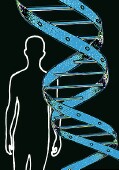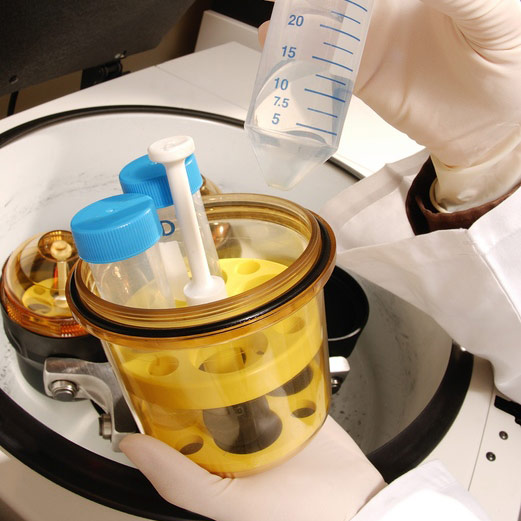
THURSDAY, Dec. 20 (HealthDay News) — Researchers who discovered that some supposedly random gene mutations are not quite so random after all say their findings offer clues to the causes of autism and other disorders.
The international team of scientists sequenced the complete genomes of identical twins with autism and their parents and found that the DNA sequence in some regions of the human genome is quite unstable and can mutate 10 times more frequently than the rest of the genome.
Genes that are linked to autism and a number of other disorders have a particularly strong tendency to mutate, according to the study published Dec. 21 in the journal Cell.
“Our findings provide some insights into the underlying basis of autism — that, surprisingly, the genome is not shy about tinkering with its important genes. To the contrary, disease-causing genes tend to be hypermutable,” principal investigator Jonathan Sebat, a professor of psychiatry and cellular and molecule medicine at the University of California, San Diego, said in a university news release.
An average of 60 mutations were detected in each child in the study, according to the report.
“The total number of mutations that we found was not surprising, it’s exactly what we would expect based on the normal human mutation rate,” said Sebat, chief of the Beyster Center for Molecular Genomics of Neuropsychiatric Diseases at UCSD.
However, he and his colleagues were surprised to find that mutations tended to cluster in certain regions of the genome.
“We plan to focus on these mutation hotspots in our future studies,” Sebat said. “Sequencing these regions in larger numbers of patients could enable us to identify more of the genetic risk factors for autism.”
More information
The U.S. National Institute of Neurological Disorders and Stroke has more about autism.

